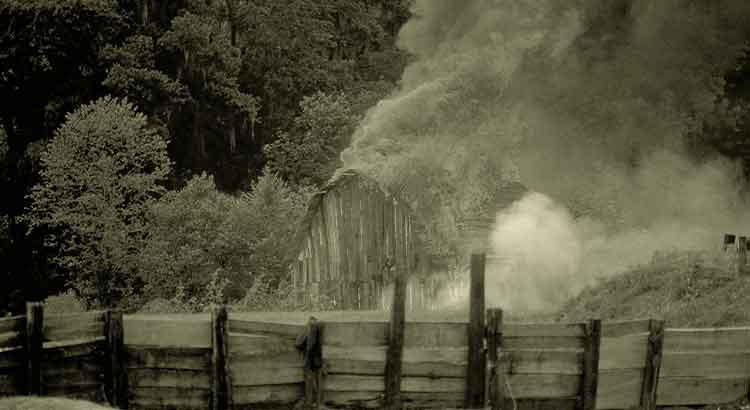It has already been wisely noted that in times of crisis a nation has no choice but to cling to the past. In the despair of uncertainty thrown open by the crisis, tradition emerges as a safe haven, and thus it is overcome all the more easily the more solid a people’s past is, the more ingrained and present it is in the present stage. From this it is evident that there are more and less vulnerable nations; it is impressive, however, when we notice that the so-called less vulnerable ones, even for a short period, become the negation of what they have always been, seeming to break the historical link that defines them. We automatically think: and then, what will it be? But it is curious to note that, more often than not, due to conjunctures that perhaps escape our reasoning, the traditions—always them—appear reinvigorated, and end up as saviors of a future that seemed to be summarized in chaos.
Traditions and Crisis
